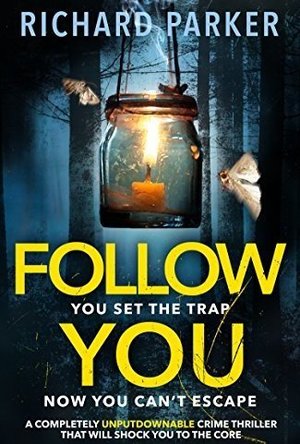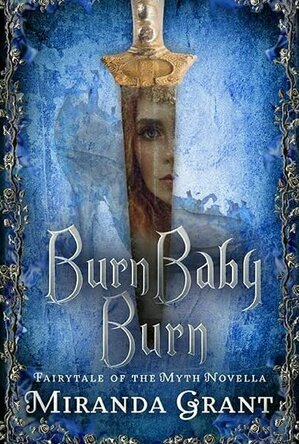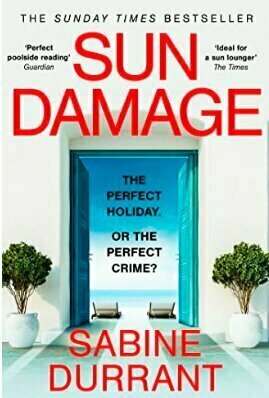Lyndsey Gollogly (2893 KP) rated The Wayward Girls in Books
Oct 4, 2022
Book
The Wayward Girls
By Amanda Mason
⭐️⭐️⭐️
THEN
1976. Loo and her sister Bee live in a run-down cottage in the middle of nowhere, with their artistic parents and wild siblings. Their mother, Cathy, had hoped to escape to a simpler life; instead the family find themselves isolated and shunned by their neighbours. At the height of the stifling summer, unexplained noises and occurences in the house begin to disturb the family, until they intrude on every waking moment . . .
NOW
Loo, now Lucy, is called back to her childhood home. A group of strangers are looking to discover the truth about the house and the people who lived there. But is Lucy ready to confront what really happened all those years ago?
It was ok I was completely engrossed for the first 3/4 of the book I was enjoying the ghost story and the happenings but then they lost me at the end. I just didn’t like the ending much at all it could have gone in so many directions. It was very much like the Enfield story. Overall it was a ok read and didnt take long to get through.
Lyndsey Gollogly (2893 KP) rated Follow You in Books
Dec 3, 2023
Kindle
Follow You
By Richard Parker
⭐️⭐️⭐️⭐️⭐️
You set the trap. Now you can't escape.
When an online prank goes viral and triggers a spate of gruesome murders, documentary maker Hazel Salter watches in horror. But then Hazel's childhood friend, Meredith Hickman, is the next victim, Hazel knows she has to find out what happened to her.
Is it one killer or more? Random acts of violence or part of a bigger, twisted plan?
The police have no leads, but Hazel has a theory - one she'll stop at nothing to prove - and she also has a film crew. She'll make a documentary, catch the killer, and give Meredith justice.
Her stage is the abandoned amusement park where Meredith was found.
Her cast are the family and friends the killer left behind.
And her crew? They keep disappearing, one by one...
I absolutely loved this! It’s the sort of horror movie I’d watch! It all played out in my head and it was brutal. I didn’t want to put it down. So so good fast paced and well written.
Merissa (13780 KP) rated Burn Baby Burn (Fairytales of the Myth #1) in Books
Jan 27, 2021 (Updated Aug 7, 2023)
Ella has put up with more than any person should, but her childhood enemy turned friend, Cadeyrn, got her through. When she feels he has betrayed her though, all bets are off and she turns to a pact with the Dark Fae, Daman.
I thoroughly enjoyed being with Ella in this novella. Seeing things from her perspective, and feeling her pain, it was a brilliant read. The only thing I wasn't sure of was the ending with Delentia. I couldn't quite get my head around what she actually wanted.
Nevertheless, this was a brilliant read that I have no hesitation in recommending.
* A copy of this book was provided to me with no requirements for a review. I voluntarily read this book, and the comments here are my honest opinion. *
Merissa
Archaeolibrarian - I Dig Good Books!
Jan 25, 2021
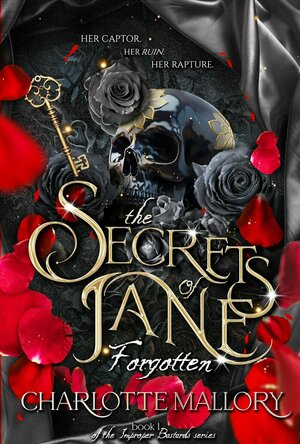
The Secrets of Jane (Improper Bastards #1)
Book
Her Captor. Her Ruin. Her Rapture "I'm a disciplined man, Jane. I can stay here for as long as...
Dark Fantasy Romance Duology

The Girl Who Could Breathe Under Water
Book Watch
The best fiction simply tells the truth. But the truth is never simple. When novelist Kendra...
contemporary fiction friendship fiction coming of age tragedy

Shadow Seer (Blood Shadows #2)
Book
Their Shadows recognize each other immediately. Their hearts need a little more time… Emma...
Adult Paranormal Romance
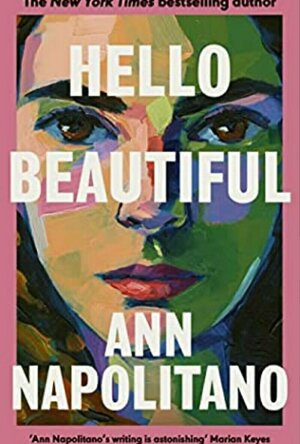
Hello Beautiful
Book
A rich, compassionate tale of four sisters and the love affair that fractures their family Best...
Family
ClareR (6067 KP) rated Sun Damage in Books
Jul 4, 2023
Ali and Sean are confidence tricksters: they get people to trust them, and then extract large amounts of money from them. Except something goes wrong when they try to con Lulu, and Ali goes on the run - with a large sum of money from Sean’s safe. Ali thinks she has found the perfect hiding place in a gîte in the South of France, but it seems inevitable that her past will catch up with her.
This is all set in the summer, when the heat is as oppressive as Ali’s paranoia. The whole novel feels claustrophobic - will Ali be found out? Will Sean find her? What will her employers do?
We see Ali’s past and childhood in some detail, and I found myself forgiving her for her terrible behaviour - although I doubt I would have been so forgiving if I was the one being swindled!
This is probably the ideal summer holiday read - great for by the pool, somewhere hot. Although you’ll be a lot more suspicious of anyone you don’t know trying to strike up a conversation!
Many thanks to The Pigeonhole for another great serialisation.
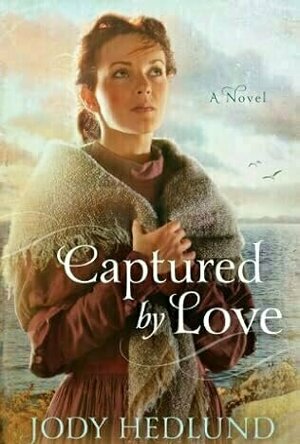
Captured by Love (Michigan Brides, #3)
Book
Michigan Territory, 1814 A voyageur and a young woman swept up in a time of upheaval and danger ...

